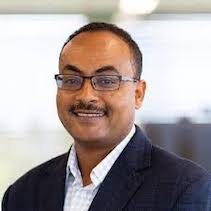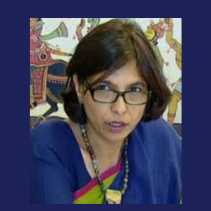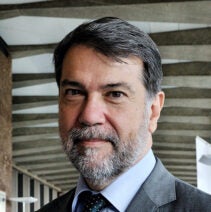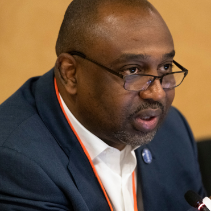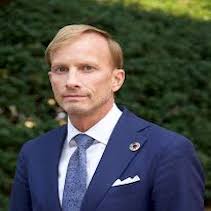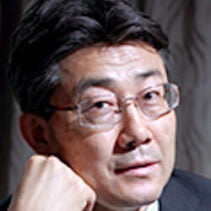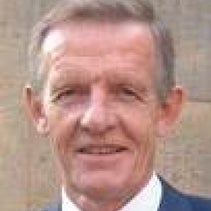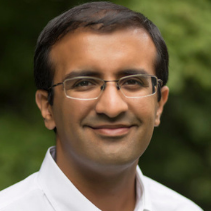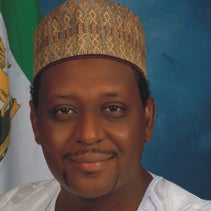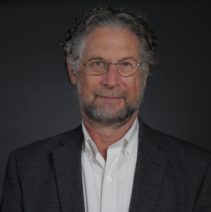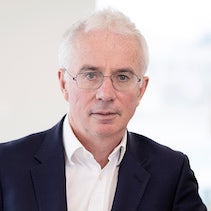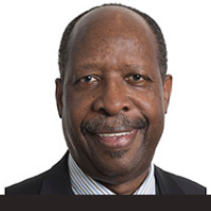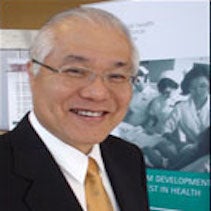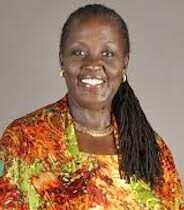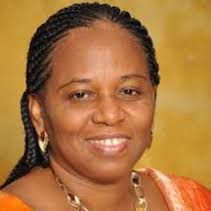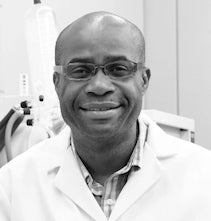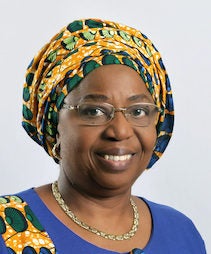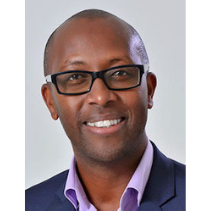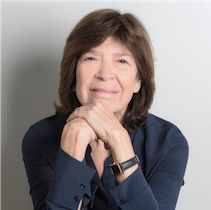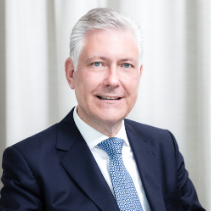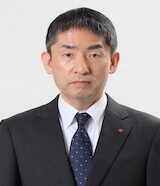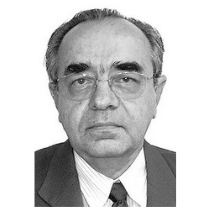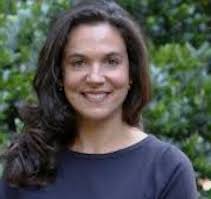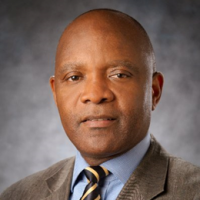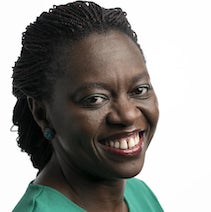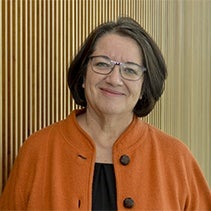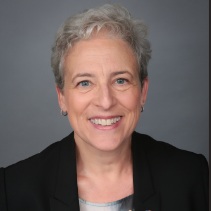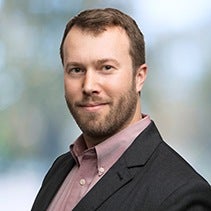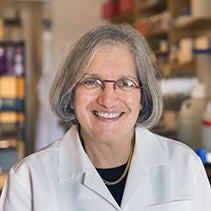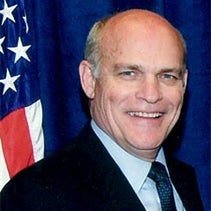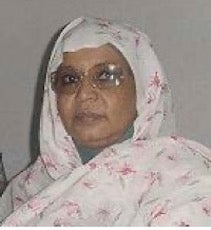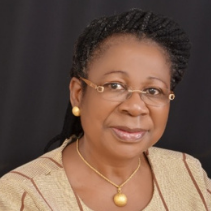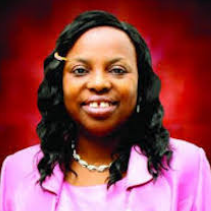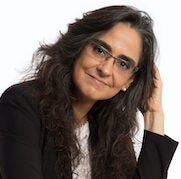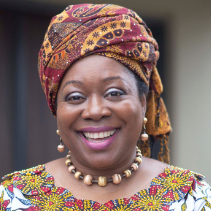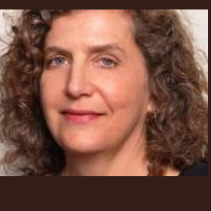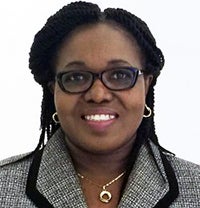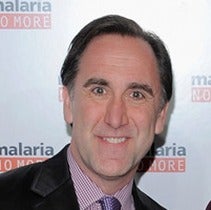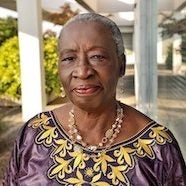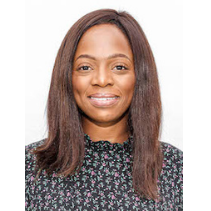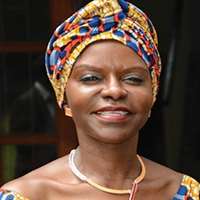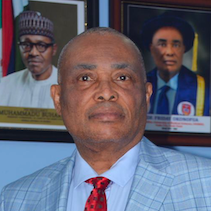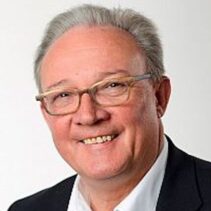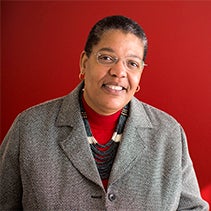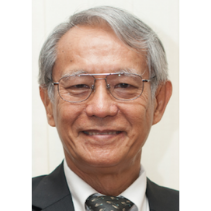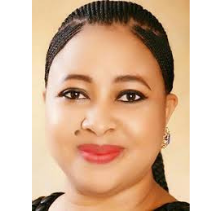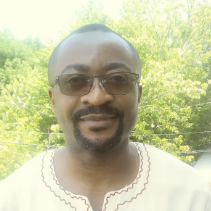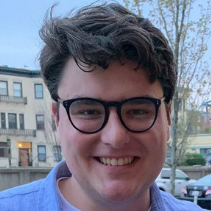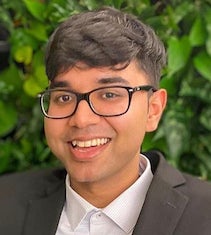Michelle Williams
Dean of the Faculty and Angelopoulos Professor in Public Health and International Development; Harvard T.H. Chan School of Public Health and Harvard Kennedy School
Dean Michelle A. Williams is an internationally renowned epidemiologist and public health scientist, an award-winning educator, and a widely recognized academic leader. Prior to becoming Dean of the Faculty at Harvard T.H. Chan School of Public Health in July 2016, she was professor and chair of the Department of Epidemiology and program leader of Harvard’s Clinical and Translational Sciences Center (Harvard Catalyst) Population Health and Health Disparities Research Program.
Dean Williams joined the Harvard Chan faculty after a distinguished career at the University of Washington (UW) School of Public Health. While at UW, she served as co-director of the Center for Perinatal Studies at the Swedish Medical Center in Seattle, WA. She developed and directed the Reproductive Pediatric and Perinatal Training Program at the UW, held a joint appointment in Global Health from 2008–2011, and was an affiliate investigator at the Fred Hutchinson Cancer Research Center 1992–2010.
As an acclaimed researcher, Dean Williams’s scientific workplaces special emphasis in the areas of reproductive, perinatal, pediatric, and molecular epidemiology. She has extensive experience in carrying out large-scale, multidisciplinary research involving the collection and analysis of epidemiological data (e.g., sleep characteristics, physical activity, dietary intake, and environmental exposures) and biological specimens (e.g., blood-based biochemistry/biomarkers, flow cytometry, genetic variants, whole-genome expression of mRNA and miRNA), both domestically and internationally.
Dean Williams has published more than 425 peer-reviewed research papers ranging from studies of modifiable behavioral and environmental determinants of adverse health outcomes to genetic and genomic studies of common complications of pregnancy and chronic disorders among children and adults.
She has successfully administered large-scale, clinical epidemiology studies that seek to understand genetic and environmental causes of adverse pregnancy outcomes and other non-communicable disorders along the life course. Dean Williams also developed and directed (for more than seven years) the Reproductive Pediatric and Perinatal Training Program at the UW.
In 1994, Dean Williams developed and is currently directing, the NIH-funded multidisciplinary international research training (MIRT) program that allows for the development and operations of undergraduate and graduate student training in global health, biostatistics, and epidemiology in over 14 foreign research sites in South America, South East Asia, Africa, and Europe. She was appointed Board Co-Chair of Defeating Malaria: From the Genes to the Globe Initiative at Harvard University in 2016.
Dean Williams has been recognized for her excellence in teaching, as the recipient of the Harvard Chan School’s Outstanding Mentor Award (2015), the White House’s Presidential Award for Excellence in Science, Mathematics, and Engineering Mentoring (2012), the UW’s Brotman Award for excellence in teaching (2007), and the American Public Health Association’s Abraham Lilienfeld Award for education in epidemiology (2007). She earned undergraduate degrees in Biology and Genetics from Princeton University in 1984. She earned a master’s degree in Civil Engineering from Tufts University, and a master’s and doctoral degree in Epidemiology from the Harvard T.H. Chan School of Public Health and Harvard University.
